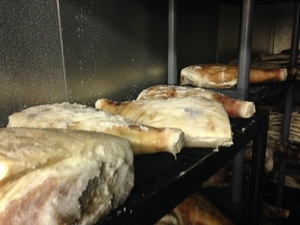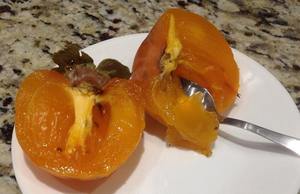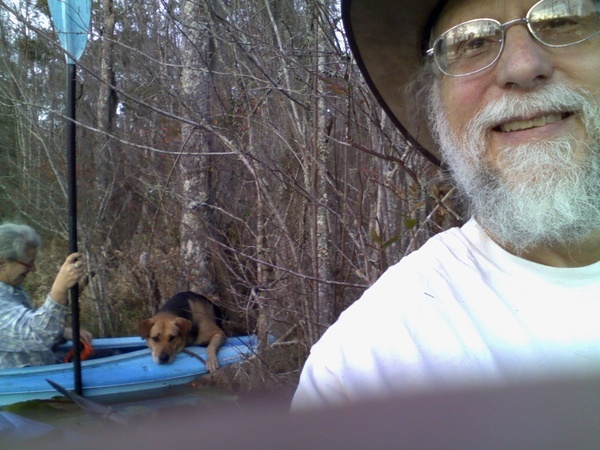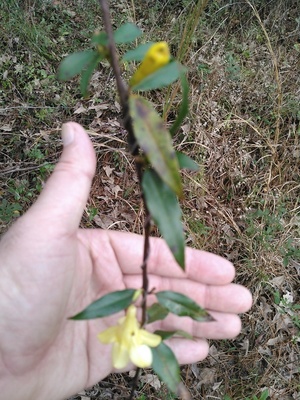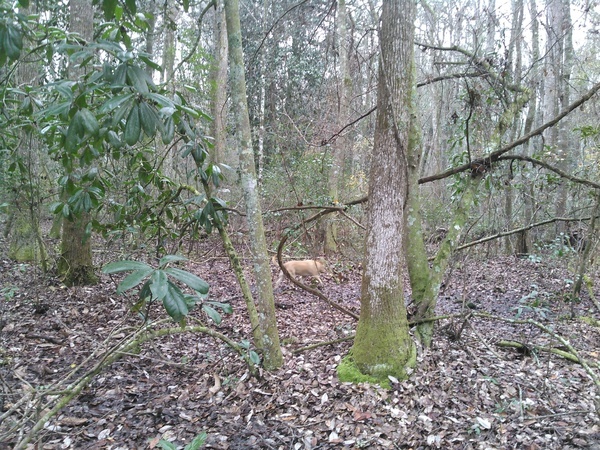My CSA!
We started market farming by accident. Some good friends inquired if we ever sold any of our extra vegetables? Had not thought about that—we sold them some purple onions, lettuce, and butternut squash that day. Eight years later they are still good friends and they are still buying our farm goods along with other friends and acquaintances. But as the saying goes: “If I knew then what I know now….” So let’s spend some time together learning some tips and tools of market farming and gardening in general.
Who should attend: anyone who likes to garden
Hagen Homestead will also have a display table.
Registration is open for South Georgia Growing Local, Saturday, February 6th 2016, at Pine Grove Middle School, Lowndes County, Georgia. Continue reading


